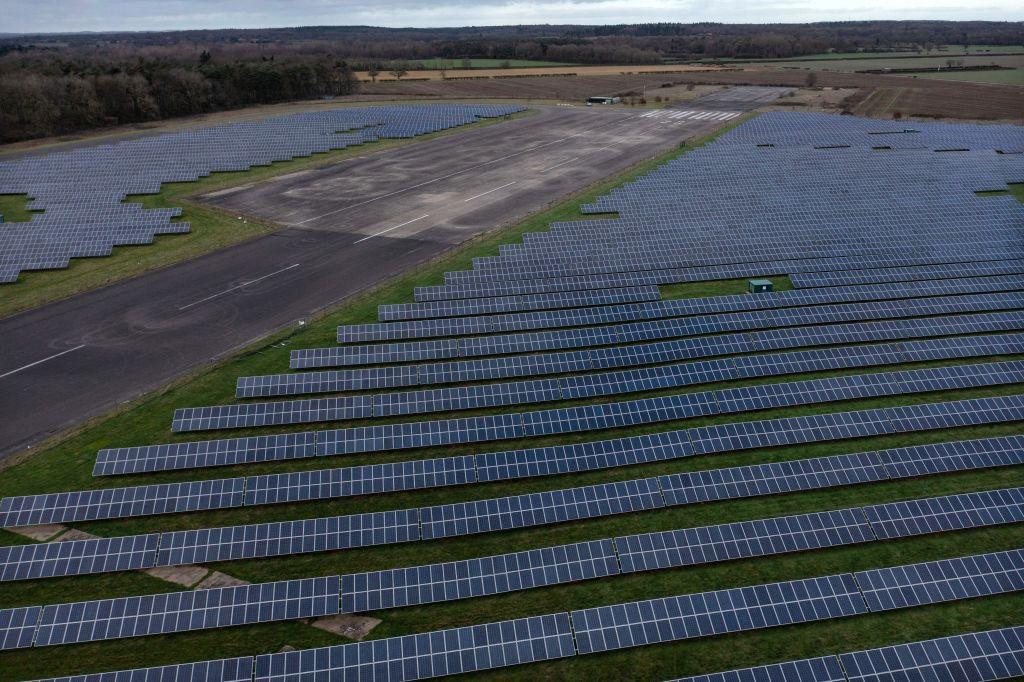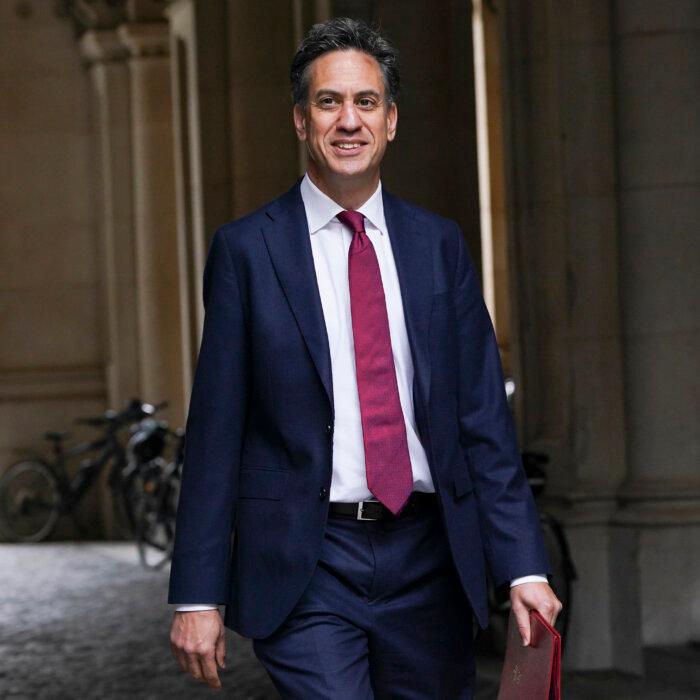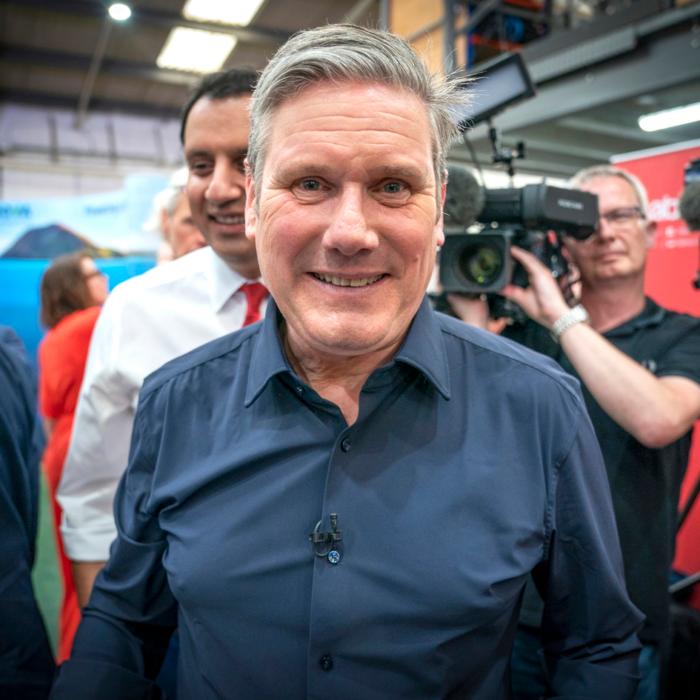Campaigners are concerned that huge solar farms will remove high-quality agricultural farmland from food production.
Labour Energy Secretary Ed Miliband has relaunched the Solar Taskforce with the aim of tripling the amount of energy the panels generate in the UK.
On Friday, within a week of winning the election, Mr. Miliband approved three major solar power projects with 1.3GW of capacity.
These include Gate Burton in Lincolnshire, Mallard Pass on the Rutland/Lincolnshire border, and Sunnica in Suffolk.
However, critics, including the former Energy Secretary Claire Coutinho, said that the nation’s food security is at risk due to sites being built on high-quality farmland.
‘Best and Most Versatile’
Reacting to Mr. Miliband’s greenlighting of solar projects on Sunday, Ms. Coutinho said, “Climate policy cannot come at the expense of struggling families, or the nation’s food or economic security, or it will fail.”In the previous Tory administration, there was a policy ensuring that solar projects had to align with food security considerations due to “growing geopolitical tension.”
Good agricultural land is classed into “Best and Most Versatile” grades, ranging from Grade 1, Grade 2, and Grade 3a.
Mallard Pass
One of the projects the net zero minister approved included one of Europe’s biggest solar farms, Sunnica.The 2,500-acre solar farm is comparable in size to a medium-sized town or 2,000 football pitches. The company claims when the £600 million project is built, it would help to power 92,000 homes.
The nature of the decision to grant development consent means there is no legal provision for the decision to be appealed, the decision is final.
On Friday, Cllr Jim Thorndyke, cabinet member for planning at West Suffolk Council said “Sunnica proposals are too big and in the wrong location and we will now be carefully reviewing the decision to understand how it has been reached.”
At the same time, Richard Rout from Suffolk County Council said that “this scheme will permanently and detrimentally impact the landscape of a vast part of West Suffolk and remove thousands of acres of land from food production.”
Myth
Gareth Simkins senior communications adviser for Solar Energy UK told The Epoch Times by email that the idea that solar farms “form a meaningful threat to the UK’s food security is nothing more than a myth, though one that is repeated far too often.”The report added that to meet the government’s net zero target, the country will need 90GW of solar by 2050, which would mean solar farms would at most account for approximately 0.6 percent of UK land, which is “less than the amount currently occupied by golf courses.”
The Epoch Times contacted the Department for Net Zero for comment.







